To contribute to clarifying the innovations and achievements in performing one of the three basic functions of the National Assembly , the People's Representative Newspaper introduces a series of articles: "National Assembly supervision - 80 years of accompanying and creating development.
Lesson 1:
The 1946 Constitution - the foundation for the National Assembly's supervisory activities
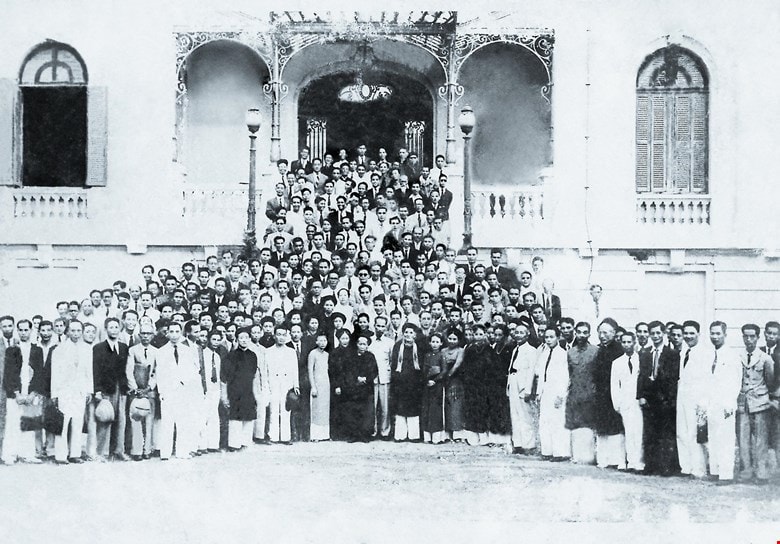
With the adoption of the 1946 Constitution, the First National Assembly laid the foundation and “defined” the supervisory activities of the highest state power agency. Questioning and answering questions - one of the direct and effective forms of supervision of the National Assembly, was also implemented right from the Second Session of the First National Assembly. As President Ho Chi Minh assessed, “although the National Assembly was elected for more than 8 months, it asked mature and difficult-to-answer questions, addressing all issues related to the fate of the country”.
From "those old, difficult to answer questions"...
In the first Constitution of our country, the supervisory function of the National Assembly was briefly stipulated, laying the foundation for the supervisory activities of the National Assembly. Accordingly, the main supervisory object is the Government. The main forms of supervision are verbal or written questioning and votes of confidence and dismissal.
The question and answer activities were carried out from the Second Session of the First National Assembly. On October 31, 1946, people attending the National Assembly session packed the two floors of the Hanoi Opera House to witness an unprecedented scene in the history of our country: People's representatives questioned the Ministers, especially waiting for President Ho Chi Minh to answer the questions.
At that time, the minutes of the meeting clearly recorded the list of people who questioned and answered the questions. President Ho Chi Minh and all members of the Government answered more than 80 questions from the National Assembly deputies, focusing on the implementation of the State's policies in the early days of independence. The questioning session took place in a very democratic manner and lasted until midnight.
President Ho Chi Minh said, “ The current government has been established for just over a year and is still young. The National Assembly, elected for over eight months, is even younger. Yet, the National Assembly has asked mature, difficult-to-answer questions, addressing all issues related to the fate of the country. With such political maturity and concern for the country, who dares to say that our people do not have the right to independence? ”
Next, in the 1959 Constitution, the subject of supervision was expanded, and at the same time, the National Assembly's supervision activities were regulated over the work of the Government Council, the Supreme People's Court, and the Supreme People's Procuracy; further expanding the subject of supervision, the National Assembly's supervisory power was strengthened through the supervision activities of the National Assembly Standing Committee.
Implementing the 1959 Constitution, the National Assembly's supervisory activities from the II Term (1960 - 1964), III Term (1964 - 1971), IV Term (1971 - 1975), V Term (1975 - 1976) and VI Term (1976 - 1981) were gradually focused on.
In particular, during the 7th Term (1981-1987) and 8th Term (1987-1992), the National Assembly mainly supervised at the parliament, focusing on the form of reviewing reports at the National Assembly session by ministries and branches and establishing local monitoring delegations.
Recalling this period, former Chairwoman of the Committee on Social Affairs Nguyen Thi Hoai Thu (National Assembly member for 6 consecutive terms, from Term VI to Term XI) shared that each National Assembly session usually only lasted 7-10 days, and the National Assembly's supervisory activities were mainly carried out through reviewing the Government's Report on the implementation of the State plan each year or 5 years.
"To be presented to the National Assembly, the Government's Report was prepared very carefully, thoughtfully, and fully with thick sets of data. Because it was a State plan, the Government's Report at that time had many detailed and meticulous numbers. All tasks and targets of the country were included in the Report such as: how many meters of fabric, how many tons of salt, tons of sugar...", former Chairwoman of the Committee Nguyen Thi Hoai Thu said.
Regarding the order and procedures, after listening to the Chairman of the Council of Ministers (later the Prime Minister) present the Report to the National Assembly, the Planning and Budget Committee will present; the National Assembly deputies will discuss in Delegations. Next, the Delegations will send representatives, usually the Head of the Delegation, to read the Report on the discussion in the parliament, commenting on the implementation of the State Plan. "At that time, each National Assembly deputy did not register to speak like now," said Ms. Nguyen Thi Hoai Thu.
Along with the form of supervision based on the Government's Report on the State plan, the National Assembly also considers the Reports of the Supreme People's Court and the Supreme People's Procuracy.
...to the story of "price - salary - money" and the supervisory role of the National Assembly
One of the milestones marking a turning point in the National Assembly's supervisory activities was (The 10th Session of the 8th National Assembly, National Assembly deputies focused on questioning and evaluating mistakes and shortcomings in the implementation of the "price - salary - money" policy.
Recalling the story of “price - salary - money”, former Chairwoman of the Committee on Social Affairs Nguyen Thi Hoai Thu said: “We proposed a reform policy on “price - salary - money”. But when the Government implemented it, it “went backwards” to “money - salary - price”. At that time, money was inflating rapidly, prices were escalating, while wages remained stable”.
In that context, at the National Assembly, a number of National Assembly deputies wrote papers on “prices – wages – money” and submitted them to the National Assembly Office. This is a “mandatory” procedure before the papers are read before the National Assembly.
Former Chairwoman of the Committee Nguyen Thi Hoai Thu shared that she still remembers the moment when National Assembly Deputy Dao Thi Bieu (Cuu Long province) at that time, in the first part of the document, it read like the content had been "approved", but in the latter part, the delegate reflected the difficult living situation of officials and people, as the goods produced could not be sold because of the lockdown; while rice in the countryside was fed to pigs, and officials, workers and employees had to eat weevils and rotten rice...
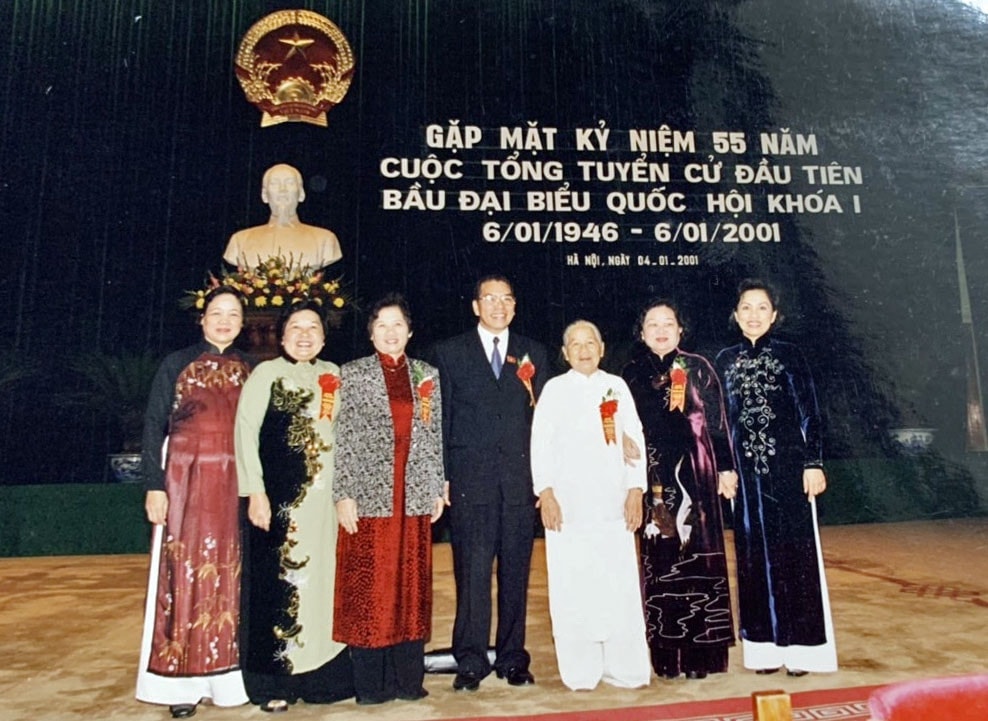
"Whatever delegate Dao Thi Bieu said, the National Assembly delegates applauded. Finally, the delegate proposed that the Government consider and amend the policy of "money - salary - price" and that it could no longer continue to be implemented. The speech at that time caused a stir in the parliament and the whole country," former Chairwoman of the Committee Nguyen Thi Hoai Thu recalled.
Another story originating from the practice at localities and establishments during the 8th National Assembly term was brought to the parliament regarding the issuance of the Resolution on agricultural tax exemption according to President Ho Chi Minh's will.
At the parliament at that time, the National Assembly calculated that the State collected 3,000 billion VND in agricultural tax each year, and if exempted, the State budget would be short 3,000 billion VND. This was a huge amount of money in the total budget at that time, because only the investment in the health sector was not up to 3,000 billion VND/year.
Finally, based on the Government's proposal, the National Assembly issued a Resolution, which exempted agricultural tax for one year for cooperatives, production corporations and farming households, but separated it for implementation in two years (1990 and 1991), each year exempting 50% of the recorded tax. With this Resolution, the National Assembly fulfilled the instructions in Uncle Ho's Will.
Sticking closely to the grassroots, National Assembly delegates realized that in the 2 years of implementing the National Assembly's resolution on agricultural tax exemption, farmers were more excited than ever. Some people shared that, like "the Party, the State and Uncle Ho gave money to the people"; farmers' lives have improved significantly.
The National Assembly also saw that, in fact, the collection of agricultural taxes was not much, but the social effect from this tax exemption and reduction was very large, creating a clearly excited atmosphere in society. At the National Assembly forum at that time, many delegations made very good presentations, clearly stating the reality of farmers "working hard all year round" but farming still depended entirely on the weather, sometimes not having enough to eat; in the North, farmers had to "bury their feet" in deep mud in the cold weather... to produce rice; so paying agricultural taxes to the State was unreasonable. Therefore, we had to find other ways to exempt or lower agricultural tax rates for rice growers.
“Obviously, only through local and grassroots supervision can the National Assembly know how happy people are to be exempted from taxes and how hard they work to produce rice,” said former Committee Chairwoman Nguyen Thi Hoai Thu.
A notable milestone in the supervision activities was that by 1994, the National Assembly had made public the question and answer sessions at the National Assembly meetings so that the people could know, follow and evaluate through live radio and television broadcasting.
After that, the National Assembly of the 9th (1992 - 1997), 10th (1997-2002), 11th (2002 - 2007), 12th (2007-2011), 13th (2011 - 2016), 14th (2016 - 2021) and the current 15th tenures, the National Assembly's supervisory activities have continuously inherited and promoted accumulated experience, continued to innovate comprehensively and more strongly in the direction of increasing democracy, closely following reality, with increasingly improved quality, efficiency and effectiveness, clearly demonstrating the position and role of the highest State power agency, the highest representative agency representing the People.
Source: https://daibieunhandan.vn/giam-sat-cua-quoc-hoi-80-nam-dong-hanh-va-kien-tao-phat-trien-10390892.html



![[Photo] Closing ceremony of the 18th Congress of Hanoi Party Committee](https://vphoto.vietnam.vn/thumb/1200x675/vietnam/resource/IMAGE/2025/10/17/1760704850107_ndo_br_1-jpg.webp)
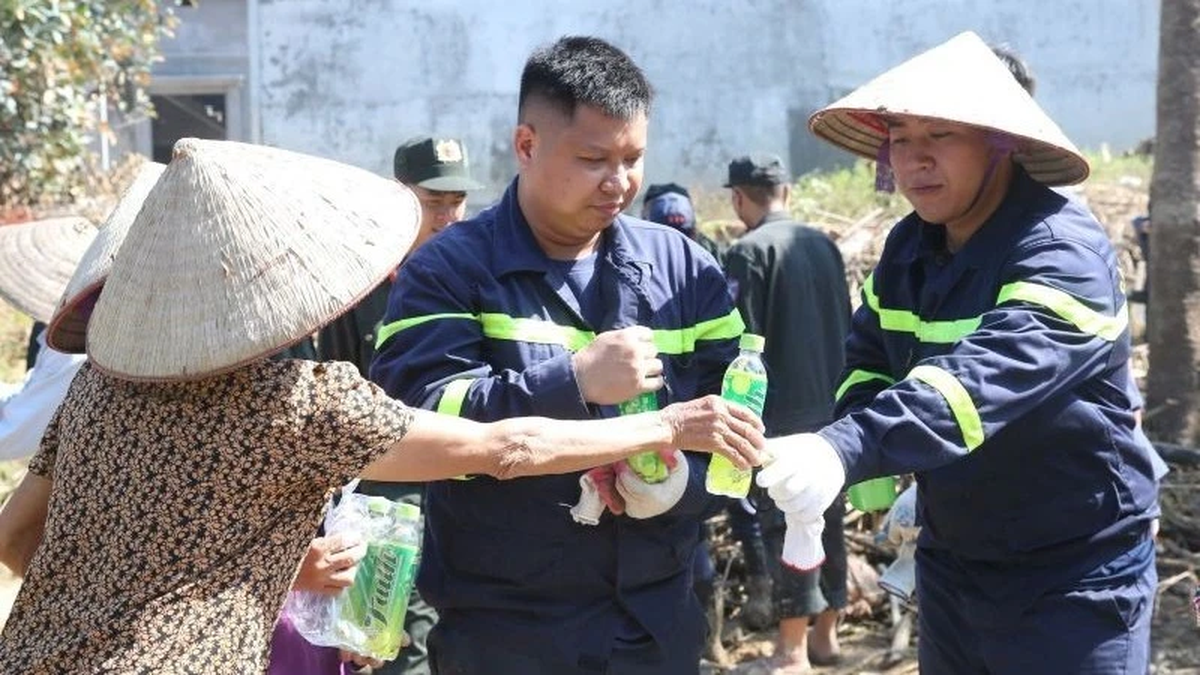

![[Photo] General Secretary To Lam attends the 95th Anniversary of the Party Central Office's Traditional Day](https://vphoto.vietnam.vn/thumb/1200x675/vietnam/resource/IMAGE/2025/10/18/1760784671836_a1-bnd-4476-1940-jpg.webp)
![[Photo] Collecting waste, sowing green seeds](https://vphoto.vietnam.vn/thumb/1200x675/vietnam/resource/IMAGE/2025/10/18/1760786475497_ndo_br_1-jpg.webp)
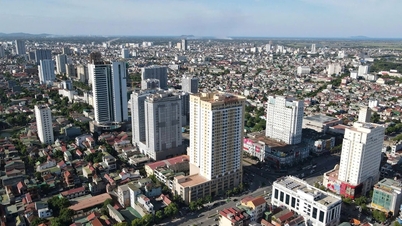

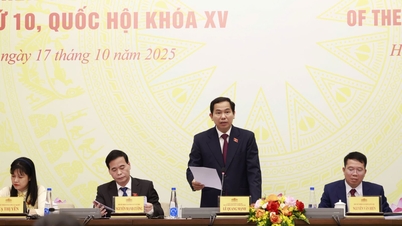

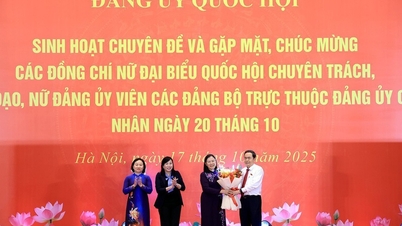

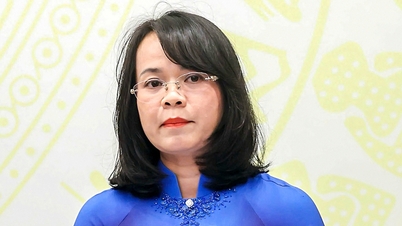


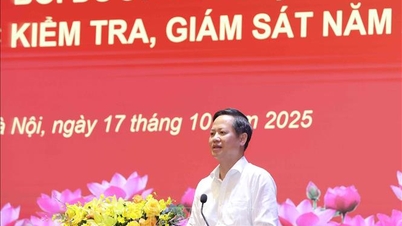
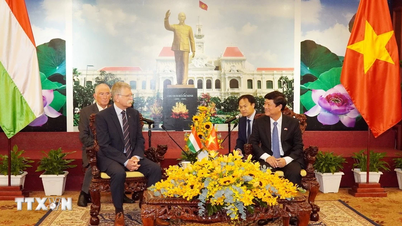



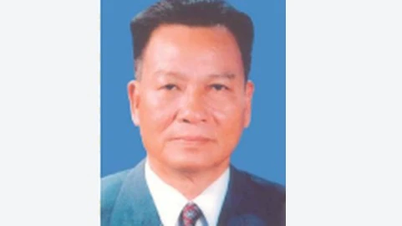








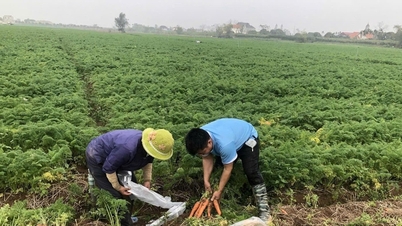

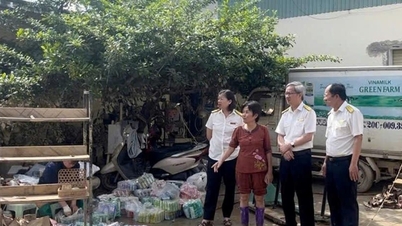
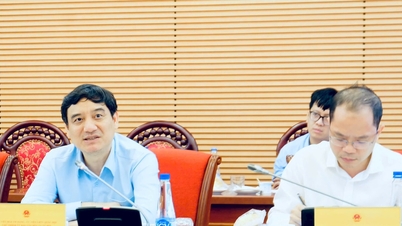
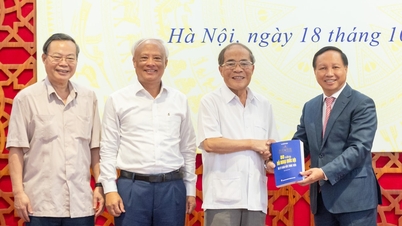

















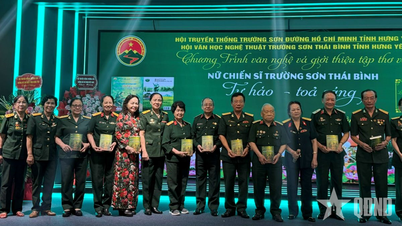
















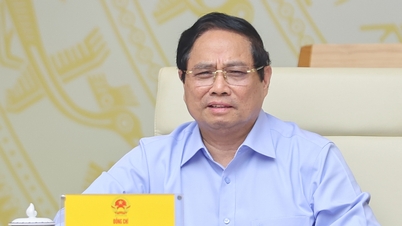
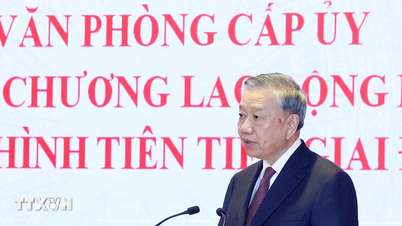









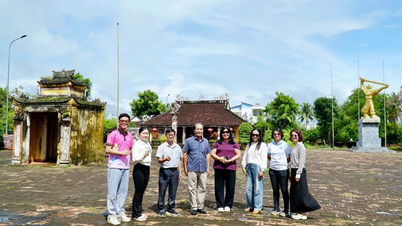

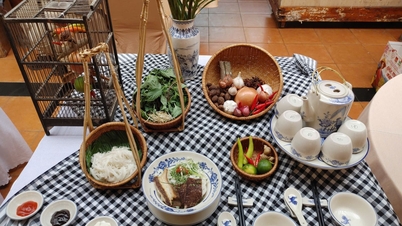
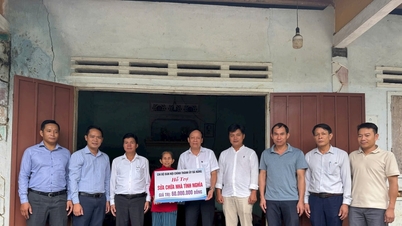

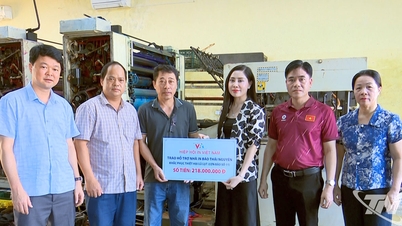











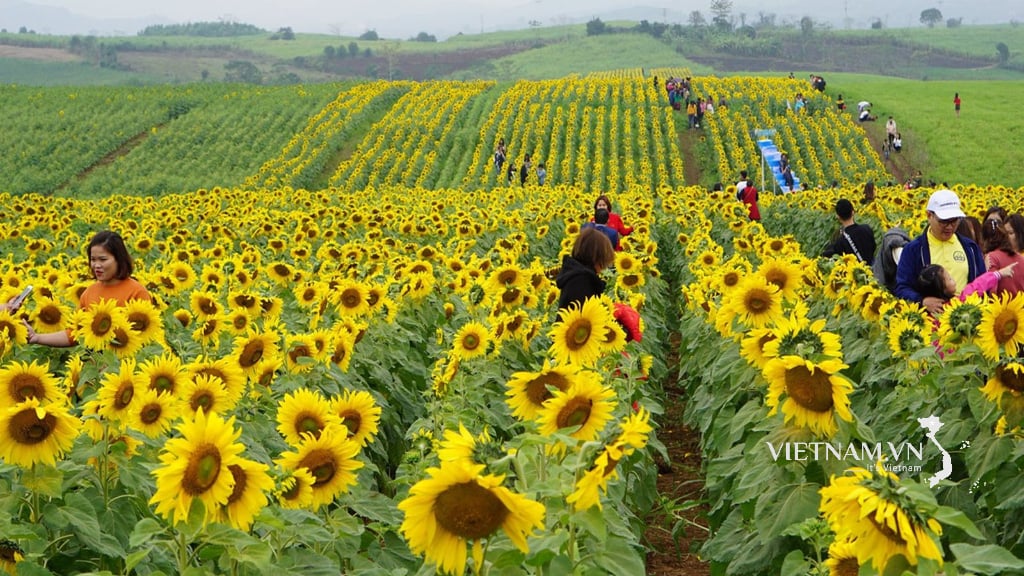



Comment (0)